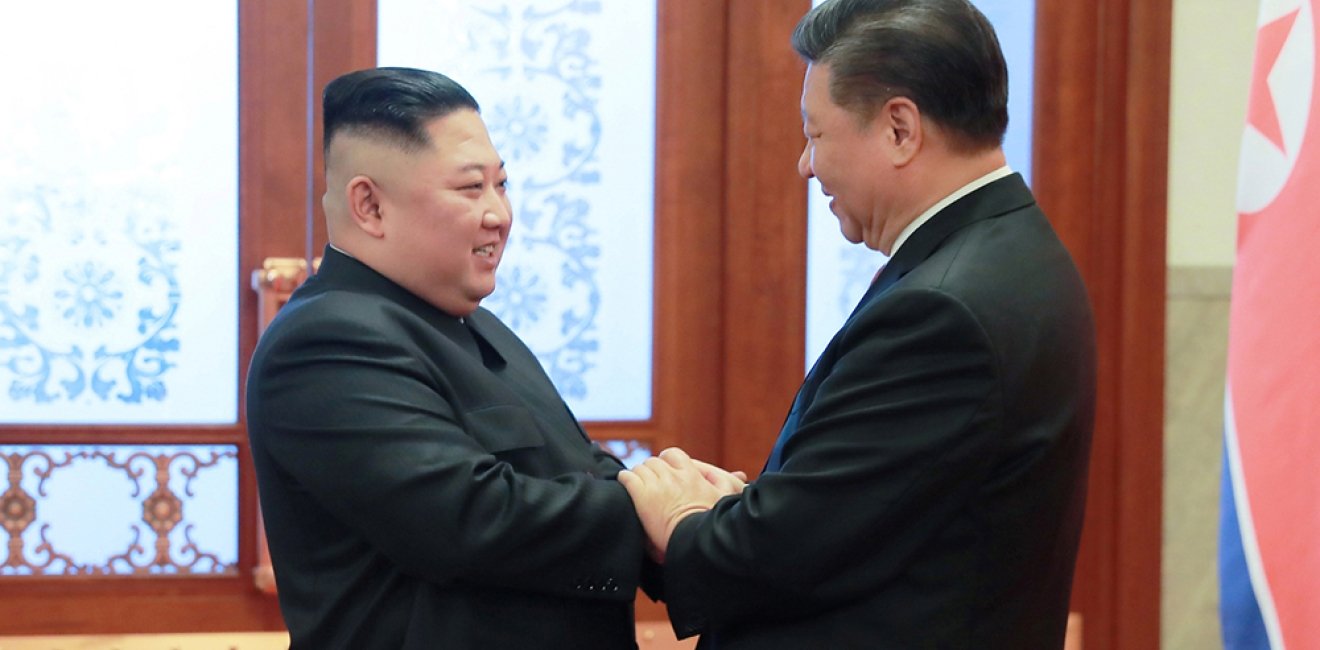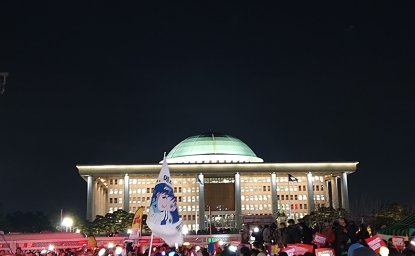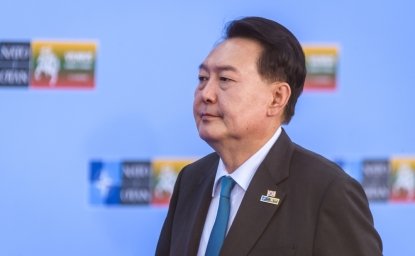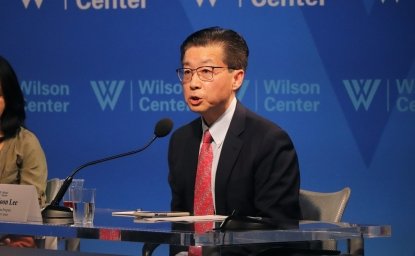On June 20th, Chinese President Xi Jinping is scheduled to make a two day state visit to North Korea. While Kim Jong Un has traveled to China several times over the last year, this will be Xi's first trip to Pyongyang. Three Wilson Center experts offer their analysis of the implications and potential outcomes.
Jean H. Lee, director of the Hyundai Motor-Korea Foundation Center for Korean History and Public Policy:
We’re starting to see regional leaders pushing to create political momentum again for nuclear talks with North Korea. We have Xi planning to visit North Korea this week, and President Donald Trump holding a summit with South Korea’s Moon Jae-in later this month. Moon has hinted that he, too, is pushing for another inter-Korean summit.
However, the question remains whether Xi will use the visit as a chance to pressure North Korea to take concrete steps toward denuclearization — or whether he sees it as an opportunity to sideline Donald Trump. Kim has focused his energy on bilateral relations with the United States, and Xi may use this visit to assert his influence over Kim and diminish the impact of US policy on North Korea.
For North Korea, Xi Jinping’s trip will be a much-needed diplomatic boost for Kim Jong Un, who wants to show his people that they still have China’s support even if things didn’t go well President Trump in Hanoi in February. There’s certainly a sense of anxiety in Pyongyang regarding their political and economic future. Kim needs this high-profile visit to allay that palpable anxiousness among his power base.
Abraham M. Denmark, Director of the Asia Program:
This will be the first visit of a Chinese leader to North Korea in almost 15 years. It comes at a time when Kim Jong-un’s status at home and abroad has diminished following the failure to reach a deal with president Trump in Hanoi, denuclearization talks have stalled, and Xi is preparing to visit Japan next week for the G-20 summit.
It is unclear what Xi’s intentions may be for this trip, but it is clear that a visit to Pyongyang will give Kim’s political status a boost both domestically and internationally. I expect there will be several issues on their agenda, but three issues will probably be at the top: denuclearization negotiations with the United States, relations between North and South Korea, and possible economic agreements between Beijing and Pyongyang. Of course, North Korea remains the target of major international sanctions by the UN Security Council – of which China is a member – so it will be interesting to see how Beijing navigates relations with Pyongyang and how faithfully they implement international sanctions.
I expect that Beijing would like to see more progress, or at least the appearance of progress, in negotiations between North Korea and the United States. Beijing is likely worried that the lack of progress in negotiations could eventually devolve into another round of crisis and tension, so would like to make sure that diplomacy could continue – even if the prospects for tangible progress remain slim.
Katie Stallard-Blanchette, Wilson Center Fellow:
While the relationship between China and North Korea is no longer as close as "lips and teeth," as it used to be portrayed, Xi Jinping will want to demonstrate that he is still the key global player when it comes to dealing with North Korea, and that China cannot be sidelined in any future negotiations on the country's nuclear program.
And while Xi does want a nuclear-free North Korea, this is not China's top priority for the Korean peninsula, which remains stability, and the avoidance of conflict and regime collapse.
The visit also suits both leaders' political agendas. As Xi faces up to a protracted trade dispute with the United States, Chinese Communist Party-controlled newspapers and television channels have been reminding the population of the country's history fighting alongside North Korea against the U.S. in the Korean War, known in China as the war to "Resist American Aggression and Aid Korea," going so far as to start showing Mao-era Korean War movies in prime-time evening slots. Xi and Kim are expected to visit the Sino-North Korean Friendship Tower in Pyongyang, which pays tribute to the Chinese "volunteer" soldiers who died in the war.
For Kim Jong Un, Xi's visit will be used to demonstrate to his people that, despite the breakdown of talks with President Trump in Hanoi, he is still a respected, and respectable global statesman, who retains the support of the country's most important ally, and to show the United States that he is not completely isolated and desperate for a deal at any cost.
Image: Reuters









